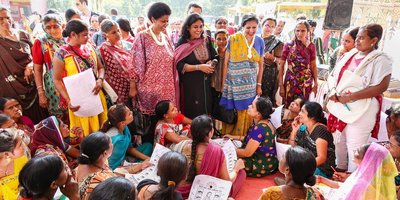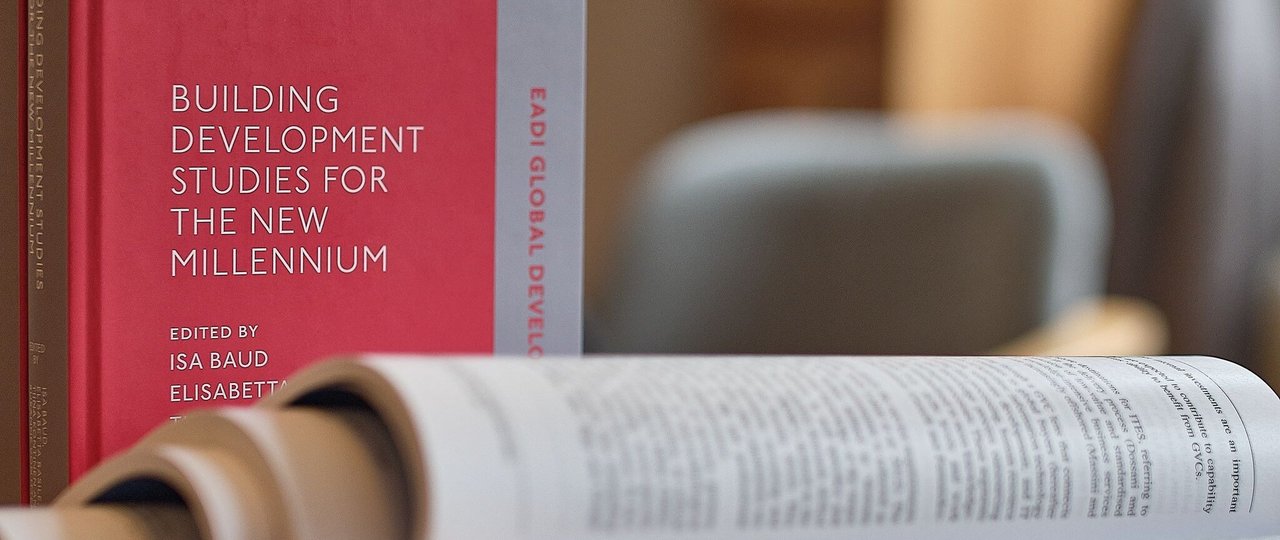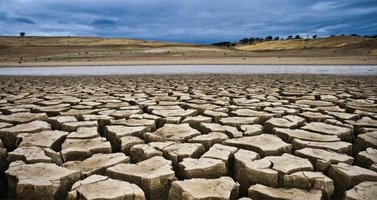Building Development Studies for the New Millennium
This book brings together multiple critical assessments of the current state and future visions of global development studies. It examines how the field engages with new paradigms and narratives, methodologies and scientific impact, and perspectives from the Global South. The authors focus on social and democratic transformation, inclusive development and global environmental issues, and implications for research practices. Leading academics provide an excellent overview of recent insights for post-graduate students and scholars in these research areas.
- Contributes to debates on current state and future visions of international development studies (IDS)
- Presents contributions of Anglophone, Francophone and Spanish-language social science traditions and academic communities in the global South by leading scholars in the field
- Discusses recent epistemological and ontological discussions on knowledges and qualities of engaged research
Editors:
Isa Baud is Emeritus Professor of International Development Studies at the University of Amsterdam, the Netherlands
Elisabetta Basile is Professor of Development Economics at the University of Rome La Sapienza, Italy.
Tiina Kontinen is Senior Lecturer at the Master Degree Programme in Development and International Cooperation, University of Jyväskylä, Finland
Susanne von Itter is Executive Director of EADI, Germany.
Read our blog posts by chapter authors

Engaged Excellence in Development Studies
Development Studies Dilemmas
Watch our Virtual Dialogues with the contributors of the book
Our webinar series provides the unique opportunity to directly engage with the contributors of the book, to learn more about the research behind and to challenge and discuss!
#11 "Building Development Studies for the New Millennium"- Isa Baud and Elisabetta Basile give an introduction to the book and outline how and why the field of development studies needs to engage with new paradigms and narratives, methodologies and perspectives from the Global South.
#13 "Engaged Excellence in Development Studies" - Melissa Leach and John Gaventa share their reflections and experiences in seeking to promote positive transformative change that is strategically informed by research and knowledge.
#15 "Knowledge Production, Ownership and the Power of Definition" - Henning Melber reflects on knowledge production (in development studies), countering power divides and using the power of privilege.




